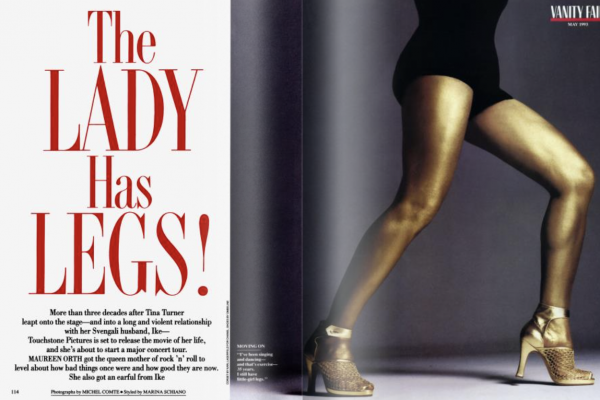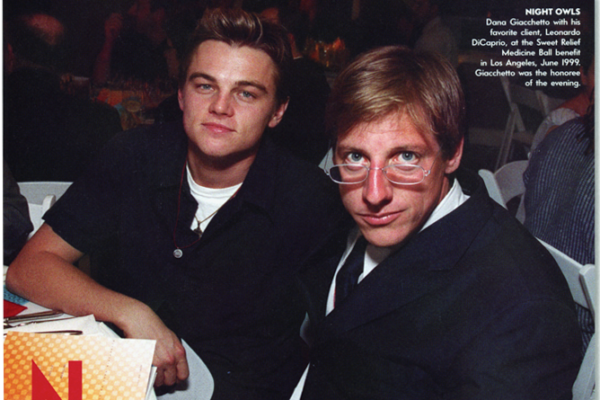Original Publication: Newsweek – November 19, 1973
To anyone sick of crooks in high places, the documentary I.F. Stone’s Weekly promises 62 minutes of instant relief. It chronicles the character of an endangered Washington species – the honest man – and it details the activity of a fascinating, ferretlike creature, Isidor Feinstein (Izzy) Stone, that impassioned, outraged, almost-never-wrong newsman. This loving crafted film was made by 26-year-old Jerry Bruck Jr. of Montreal, a Yale graduate in political science who has made only one previous short film, a documentary about Nixon’s ’68 Inaugural. He took three years to make “I.F. Stone’s Weekly” and is determined to distribute it himself. The film has been well received in Washington and New York and is soon to open in Boston, San Francisco and Los Angeles.
Stone admits he tried to discourage Bruck from following him around for those three years. “I told him he should do a film about something important,” says Stone. “I was afraid it would turn out to be a boring home movie.” It’s anything but. The film shows Stone as he devours his weight in information daily, ripping out clips from the American and European press, indexing obscure facts from Congressional hearings, tossing off acid analyses in support of his first premise (and the first line of the film): “Every government is run by liars and nothing they say should be believed.”
ACE: Stone, who was once attacked by Spiro Agnew as a “strident voice of illiberalism,” is a humanist as well as a ace reporter, and what emerges on films is a rare achievement – the affectionate portrait of a truth junkie with all his foibles and humor intact. In unpretentious black-and-white, Stone, 66, explains how four-page newsletter, which, until he ended it two years ago, infuriated whoever was in power. Stone, now a contributing editor of The New York Review of Books, not only researched, reported and wrote the paper, he also took subscriptions over the phone; he even trudged to the mailbox and stuffed the papers in. Tom Wicker narrates, but Stone’s own descriptions of how government works, why he never became buddies with government officials — “You begin to understand there are certain things the public ought not to know” — are what make the film sparkle.
There are scenes showing former Secretary of Defense Robert McNamara equivocating on answers to reporters’ questions at the time of the Gulf of Tonkin resolution, an uncomfortable Walter Cronkite giving Stone the cold shoulder at a reception with “We’ll have lunch sometime,” a riveting image of Lyndon Johnson cutting an 8-foot-high Marine Corps birthday cake with a sword. Throughout, Bruck has made fine use of old news footage to drive home Stone’s points, and by the end of the film you are rejoicing that there’s at least one man in Washington who refuses to be taken in.
This article is typed from the original material. Please excuse any errors that have escaped final proofreading.




No Comments